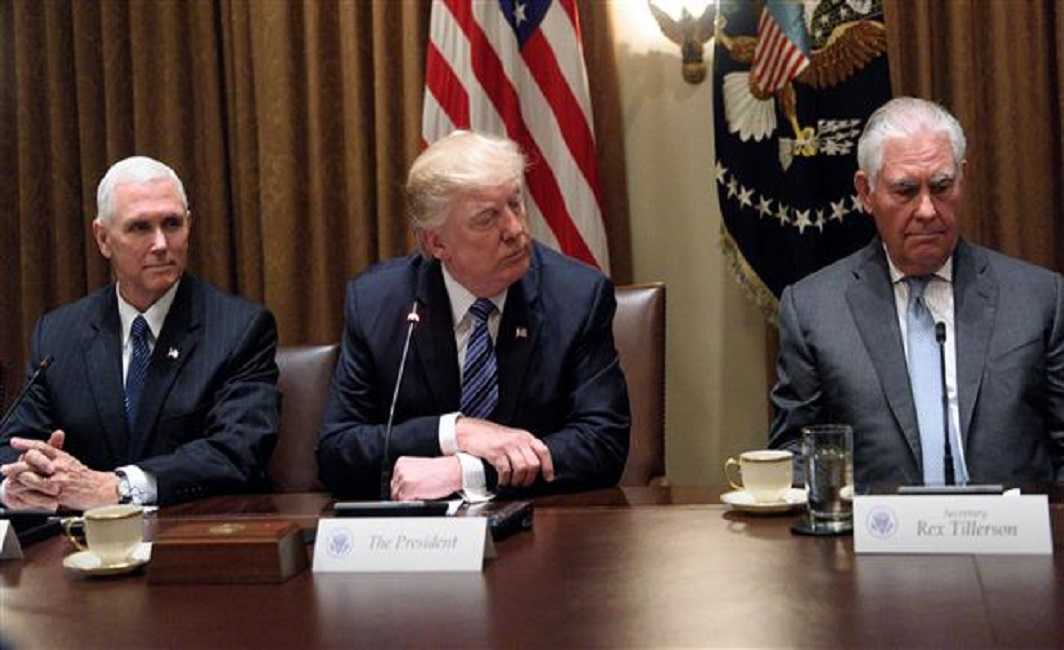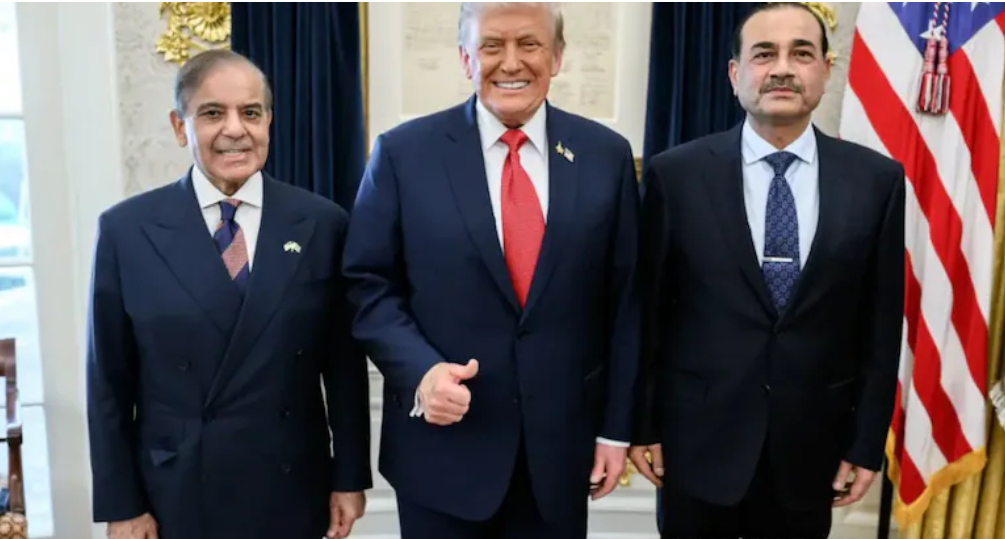Explosions were reported in Iran’s capital, Tehran, on Saturday morning after Israel carried out what it described as a preemptive military strike, further escalating tensions in the region. The United States also participated in the operation, according to media reports citing an official.
The reported targets were located near the offices of Iran’s Supreme Leader Ayatollah Ali Khamenei. However, reports said the 86-year-old leader was not present in Tehran at the time and had been moved to a secure location.
A journalist cited by Indian television channel NDTV said that at least three to four strikes were heard in the Iranian capital. There was no immediate clarity on casualties.
Sirens in Tel Aviv, emergency alerts issued
Shortly after the strikes, sirens were sounded across Tel Aviv, with Israeli authorities warning residents of the “possibility of missiles” being launched toward the country.
In a statement, the Israel Defense Forces said advance instruction alerts had been sent directly to cellular devices, urging the public to stay close to protected spaces. The military described the alert as a proactive measure in anticipation of potential missile launches.
Israel’s Defence Minister Israel Katz said the strikes were carried out “to remove threats.”
NDTV’s correspondent, who was reporting live from Ben Gurion Airport, sought shelter as air raid warnings were activated. The sirens stopped shortly afterward.
Several hospitals in Israel initiated emergency protocols, shifting patients and surgeries to underground facilities as a precautionary measure.
Both Iran and Israel closed their airspace following the attack.
Nuclear tensions in the backdrop
The developments come amid heightened tensions over Iran’s nuclear programme. The US and Israel have repeatedly warned of possible military action if Tehran continued advancing its nuclear and ballistic missile capabilities.
Earlier this month, Washington and Tehran had resumed negotiations aimed at resolving the long-standing dispute through diplomatic channels. Israel has maintained that any agreement must involve dismantling Iran’s nuclear infrastructure and include restrictions on its missile programme. Iran, for its part, had indicated willingness to discuss limits on its nuclear activities in exchange for sanctions relief but rejected linking the issue to its missile capabilities.
US President Donald Trump had hours earlier expressed dissatisfaction with the latest round of talks. “I’m not happy with the fact that they’re not willing to give us what we have to have… They cannot have nuclear weapons,” he said, while declining to specify whether a military strike was imminent.
India issues advisory for nationals
Amid rising tensions, the Indian Embassy in Israel issued an advisory urging citizens in Tel Aviv to exercise utmost caution and remain vigilant.
The advisory asked Indian nationals to strictly follow safety guidelines issued by Israeli authorities and the Home Front Command, stay close to designated shelters, and avoid non-essential travel within Israel until further notice. Citizens were also advised to monitor local news and official announcements regularly.
An emergency helpline has been issued for Indians in Israel: +972-54-7520711 and [email protected].
Iran had earlier stated that it would defend itself against any attack, raising concerns about potential retaliatory measures as the situation continues to unfold.


 Latest world news4 hours ago
Latest world news4 hours ago
 India News4 hours ago
India News4 hours ago
 India News3 hours ago
India News3 hours ago
 Cricket news3 hours ago
Cricket news3 hours ago
 Latest world news20 mins ago
Latest world news20 mins ago












